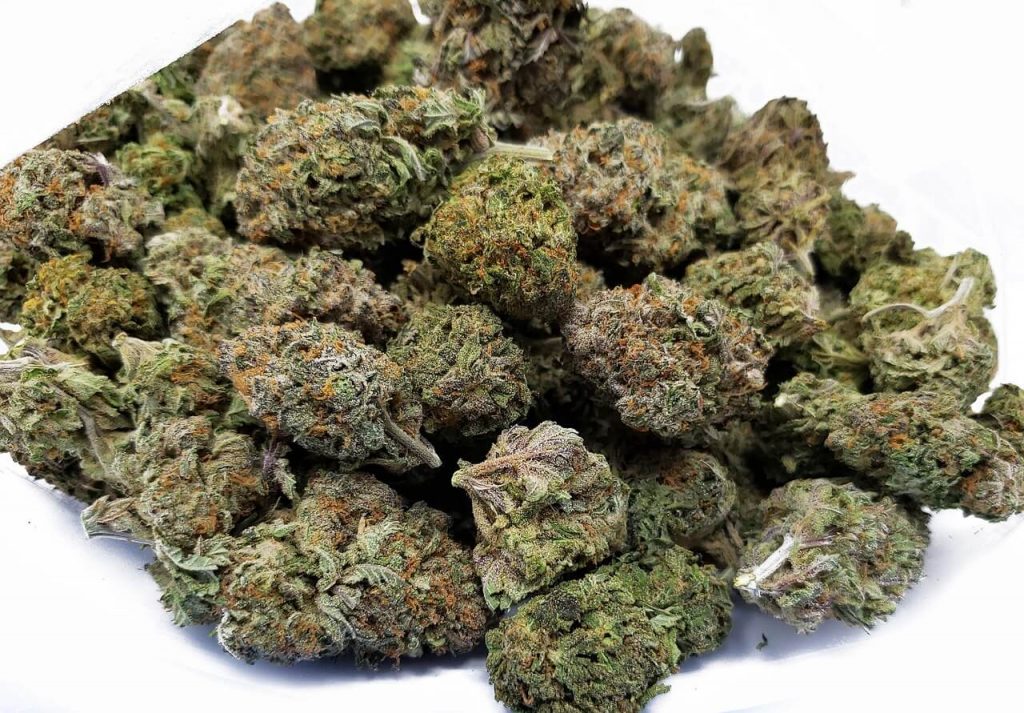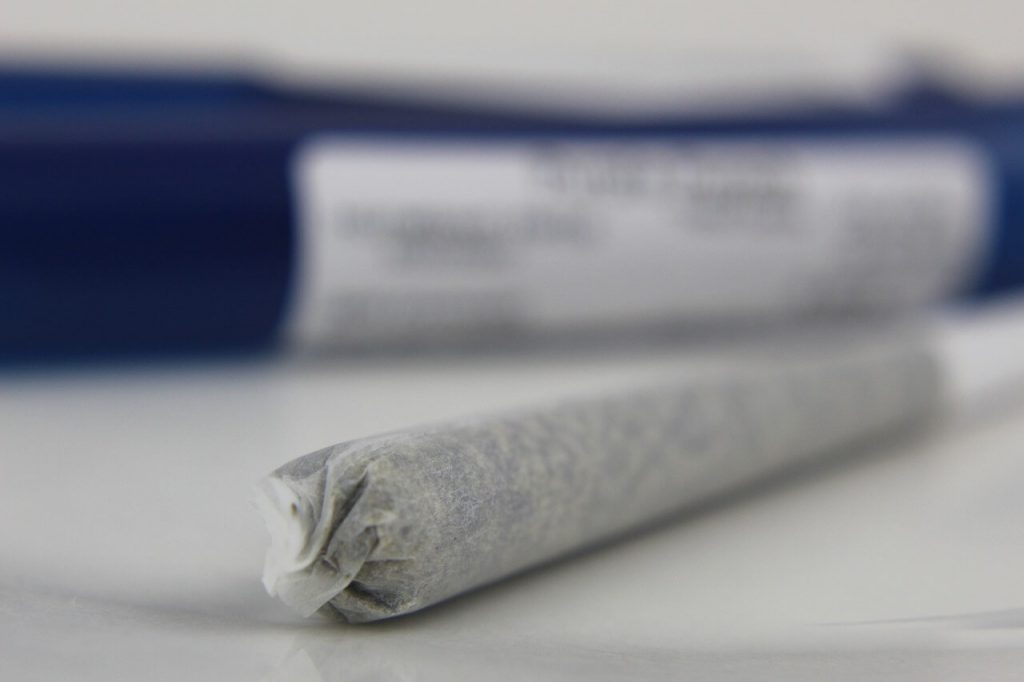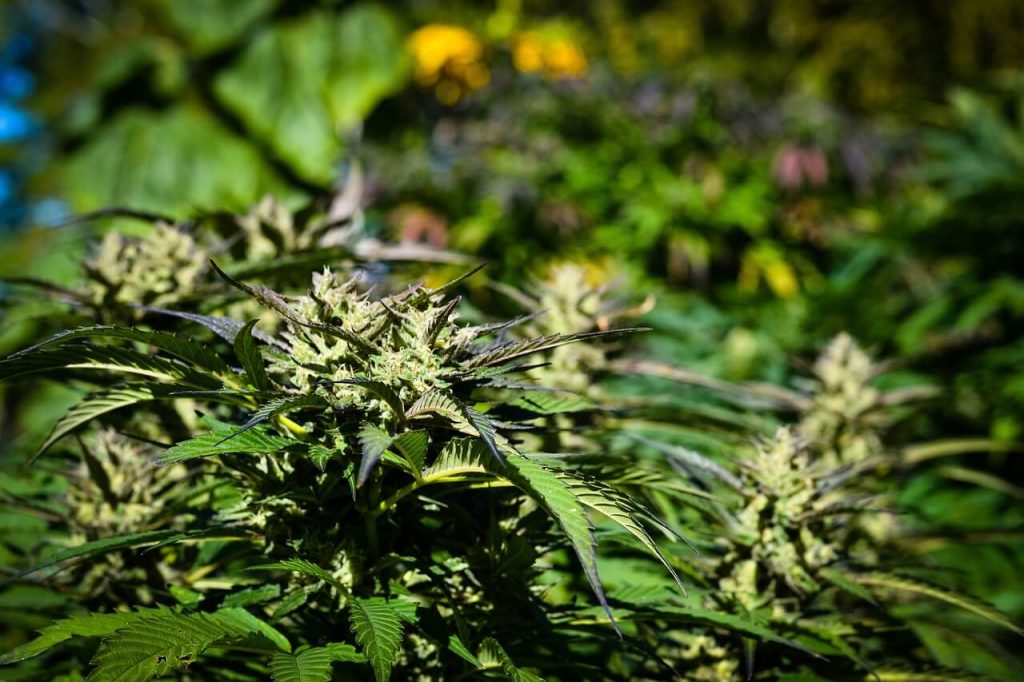- Understand why cannabis triggers the munchies and how THC interacts with your body to increase appetite.
- Use practical strategies like eating balanced meals, staying hydrated, and choosing mindful consumption habits to prevent cravings.
- Adopt long-term approaches like regular meals, stress management, and better sleep to maintain control over your eating habits.
The “munchies” are a well-known and often lighthearted side effect of cannabis use, but they can also pose challenges for those trying to maintain healthy habits. Triggered by cannabis’s interaction with the brain, this heightened sense of hunger can lead to overindulging in snacks and comfort foods.
For individuals aiming to stay on track with their wellness goals, managing the munchies is an important consideration. Understanding why it happens and learning strategies to prevent or control it can make a big difference in finding balance while enjoying cannabis.
This guide will explore the science behind the munchies and offer practical tips to help you curb cravings and maintain a healthier lifestyle.

Understanding the Munchies
What Are the Munchies?
The “munchies” refer to a sudden and intense craving for food that many people experience after smoking weed. This phenomenon is more than just a fleeting hunger—it often involves a strong desire for snacks, sweets, or savory comfort foods.
For many, the munchies are a familiar and sometimes humorous part of cannabis use, but for others, it can feel overwhelming or disruptive, especially when trying to maintain healthy eating habits. Understanding what the munchies are and why they occur is the first step in managing them effectively.
Why Does Cannabis Induce Hunger?
Cannabis triggers hunger primarily due to the way THC interacts with the body’s endocannabinoid system. This system plays a crucial role in regulating appetite, mood, and other essential functions.
When THC enters the body, it binds to CB1 receptors in the brain, which can enhance the sensation of hunger and make junk food seem more appealing. This stimulation can lead to increased cravings, even if you’ve recently eaten.
By understanding this interaction, you can gain better control over the munchies and make choices that align with your lifestyle goals.

Strategies to Prevent the Munchies
Pre-Consumption Practices
Taking steps before consuming cannabis can help prevent the munchies from taking over. By preparing your body and mind, you can reduce the likelihood of intense cravings and maintain better control over your eating habits. Here are a couple of simple yet effective practices:
- Eat a Balanced Meal Beforehand: Prioritize meals that are high in protein and fiber, such as lean meats, beans, whole grains, and vegetables. These nutrients take longer to digest, helping you stay full and satisfied for a longer period. By starting with a balanced meal, you can reduce the likelihood of cravings and maintain better control over your snacking habits.
- Stay Hydrated: Drinking enough water throughout the day is crucial for overall health and can also help curb cravings. Sometimes, what feels like hunger is actually thirst, so staying hydrated allows you to differentiate between the two. Keep a water bottle handy, and aim to drink water regularly to keep unnecessary snacking at bay.
Mindful Consumption
Practicing mindfulness when consuming cannabis can go a long way in managing the munchies. By making intentional choices and staying aware of your habits, you can consume cannabis without giving in to unwanted cravings. Consider these mindful approaches:
- Choose Strains Wisely: Opt for cannabis strains that are high in CBD or THCV, as these compounds are known to potentially reduce appetite stimulation. By selecting strains with these properties, you can enjoy the benefits of cannabis without the heightened urge to snack.
- Set Intentions: Be conscious of your consumption habits and take a moment to set clear intentions before smoking marijuana. Whether it’s focusing on relaxation, creativity, or socializing, having a goal in mind can help you avoid mindless snacking and stay aligned with your wellness priorities.

Managing Cravings During Consumption
Engage in Activities
Staying engaged during cannabis consumption can help divert your attention away from food and reduce the likelihood of giving in to cravings. Participating in hobbies, playing games, or enjoying creative activities can keep your mind occupied and focused on something other than snacking.
Adding light physical activity, like a walk or gentle stretching, can also make a big difference. Exercise not only distracts you but can also help regulate your appetite and boost your mood, making it easier to stay in control of your cravings.
Oral Fixation Alternatives
Sometimes, the urge to snack is more about keeping your mouth busy than actual hunger. Finding alternatives to satisfy oral fixation can be a simple yet effective way to manage cravings. Chewing gum or sucking on mints can keep your mouth engaged and help deter unnecessary snacking.
Brushing your teeth is another great option—the minty freshness sensation often reduces the desire to eat and signals to your brain that mealtime is over, making it easier to resist the munchies.
Healthy Snacks Options
Nutrient-Dense Choices
Choosing the right snacks can make a big difference when the munchies strike. Opting for healthy foods allows you to satisfy cravings while staying on track with your wellness goals. Here are some nutrient-dense options to consider:
- Fresh Fruit and Vegetables: These are excellent low-calorie, high-fiber healthy foods that can curb cravings and keep you feeling satisfied. Whether it’s crisp apple slices or crunchy carrot sticks, they’re a smart choice when hunger hits.
- Nuts and Seeds: Packed with protein and healthy fats, nuts and seeds are filling snacks that promote fullness. A handful of almonds or sunflower seeds can keep you satisfied and provide long-lasting energy without derailing your diet.
Portion Control
Practicing portion control is a key strategy for managing the munchies without overindulging. By being mindful of how much you eat, you can enjoy healthy snacks while keeping your consumption and weight gain in check. Try these simple approaches:
- Pre-Portioned Healthy Snacks: Prepare snacks in advance by dividing them into individual servings. Having healthy food pre-portioned options like a handful of nuts or a small bowl of popcorn makes it easier to avoid overeating and stick to healthier choices.
- Mindful Eating: Focus on the textures and flavors of each bite, allowing your taste buds to fully engage with the food and enhance satisfaction. Eating slowly and intentionally not only enhances increased appetite but also helps you recognize when you’re truly full, preventing unnecessary snacking.
Long-Term Approaches
While immediate strategies can help manage the munchies, adopting long-term habits is essential for creating a sustainable balance. By focusing on consistent routines and overall well-being, you can prevent cravings before they begin and maintain healthier eating patterns over time.
Regular Meal Patterns
Maintaining a consistent eating schedule is a powerful way to prevent excessive hunger, which often leads to overeating. Regular meals help stabilize your blood sugar levels and keep your appetite in check throughout the day.
By planning and sticking to a routine, you’re less likely to experience the intense cravings that often come with irregular eating patterns.
Stress Management
Stress can play a big role in triggering unnecessary snacking, but incorporating relaxation techniques into your routine can help. Practices like meditation, deep breathing, or yoga can reduce stress levels and promote mindfulness, making it easier to resist emotional eating.
Taking time to manage stress effectively not only benefits your eating habits but also improves your overall mental and physical well-being.
Sleep Hygiene
Getting adequate rest is another critical factor in regulating appetite and curbing cravings. Poor sleep can disrupt hunger hormones, leading to increased appetite and stronger urges to snack (late-night munchies).
By prioritizing good sleep hygiene—such as maintaining a consistent bedtime and creating a calming nighttime routine—you can support a healthier relationship with food and reduce the impact of the munchies.
Conclusion
Managing the munchies doesn’t have to be difficult. By understanding why they happen and using simple strategies, you can enjoy cannabis while staying in control of cravings. Choosing healthy snacks, staying hydrated, and practicing mindfulness are just a few ways to support your wellness goals.
It’s all about finding balance. Small, practical changes can help you prevent overeating and maintain a lifestyle that works for you. With these tips, you’ll be able to enjoy cannabis without letting the munchies take over.
